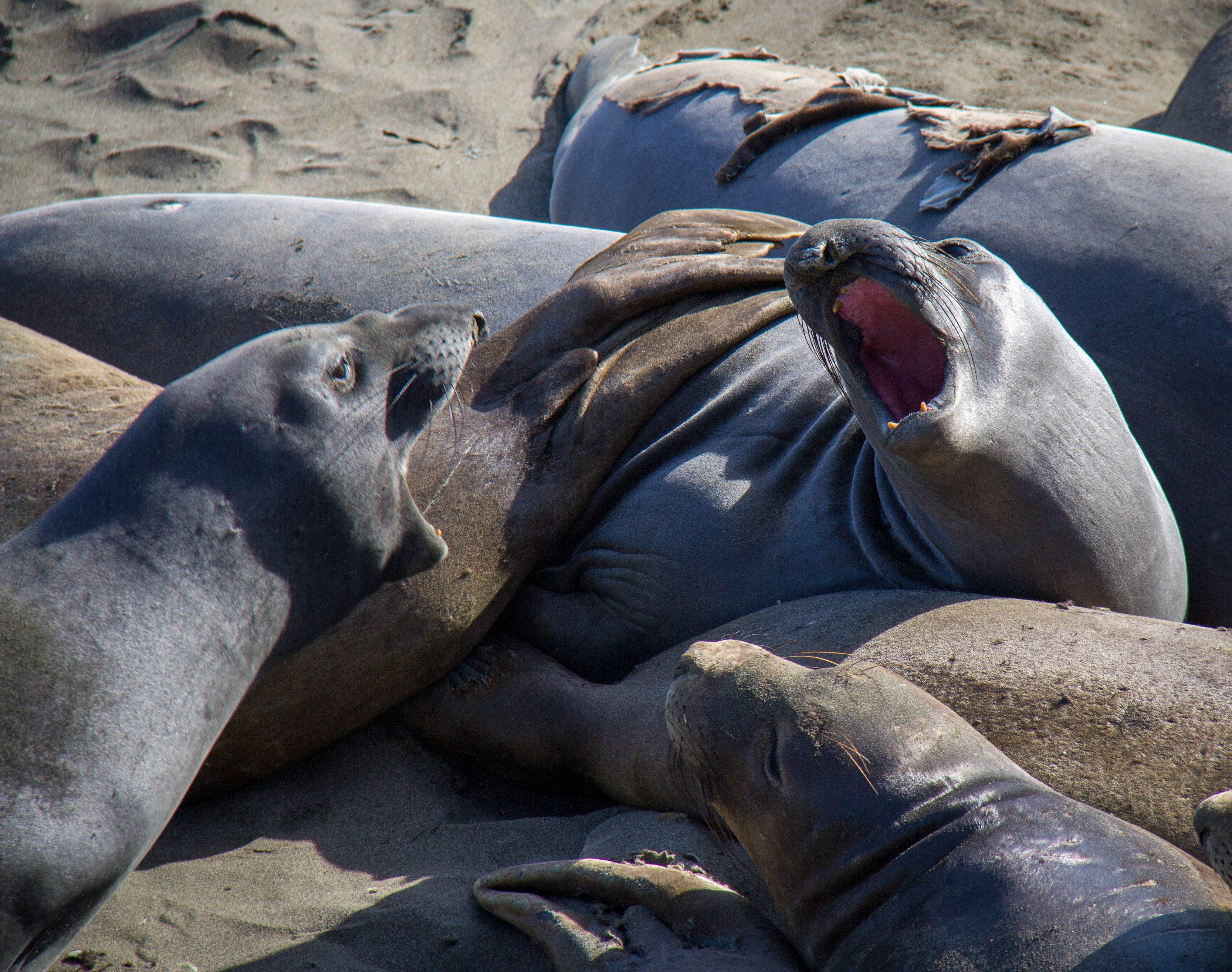I love this tweet from David Perell:
Twitter is best experienced with an attitude of intellectual grace.
— David Perell (@david_perell) May 26, 2021
"What can this person teach me" is a much more productive question than "How is this person wrong?" And when you earnestly engage in conversation, you meet all kinds of wonderful people too.
The phrase ‘intellectual grace’ resonates with me. It’s rare these days. Casually perusing social media soon reveals a high level of one-upmanship and unkindness. The most extreme expressions get more engagement, which is the coin of the realm.
That said, I’ve gotten a lot of value from social media — especially during the pandemic. My secret is twofold:
- I don’t take it too seriously, and
- I apply Postel’s law to my interactions online.
In case you’re unfamiliar with it, Postel’s law (AKA the robustness principle) is a software design guideline that states:
Be conservative in what you do; be liberal in what you accept from others.
How I understand this in the context of software is that if you’re designing a program or function that accepts parameters from others, you should expect those calls to be non-compliant with guidelines.
If there’s a way to mess up calls to your function, someone will do it. That’s why you should be liberal in what you accept: an unmanaged badly formed call could crash your program. System robustness requires that you handle imperfect inputs.
Conversely, if your program calls others, you should be strictly compliant with guidelines. That’s why the law calls for being conservative with what you do: you don’t want to force other programs to deal with the crap you’re dealing with.
The robustness principle also helps in social networks, where you’re likely to come across different perspectives. They range from some you agree with to others you find abhorrent. Some people share kindly and thoughtfully; others are assholes.
I can choose how to parse these inputs. For example, I can aggressively retaliate, or I can ignore them. The robustness principle suggests I should take it all in without crashing. (Crashing = losing equanimity.)
Conversely, I can choose what to share and how. If the thing I’m sharing won’t elevate the discussion or introduce levity or somehow improve things, I hold back. It’s the old Golden Rule: treat others as you want them to treat you.
Yes, I’m talking about self-censorship. But what I think about most issues doesn’t ultimately matter that much. In general, we place far too much value on self-expression and not enough on the health of the commons.
Social media can be a great place, but it’s not all up to the environment. You’re responsible for how you engage. Self-discipline in this domain has two facets: 1) avoid giving offense, and 2) avoid taking offense. Both are within your control.
